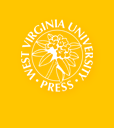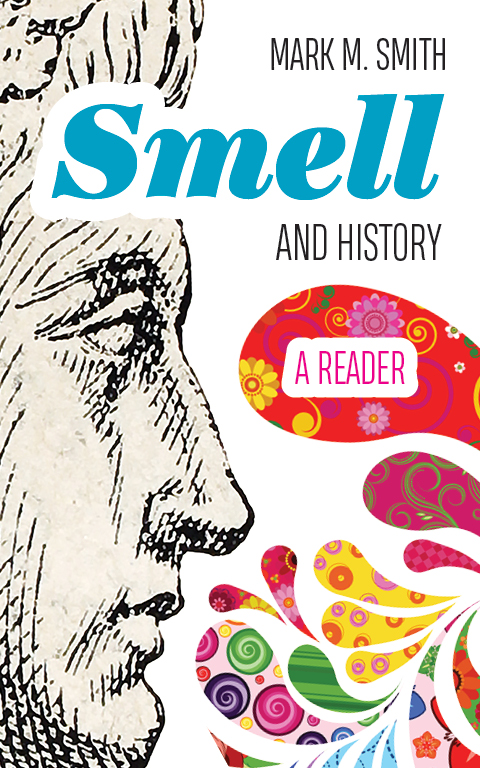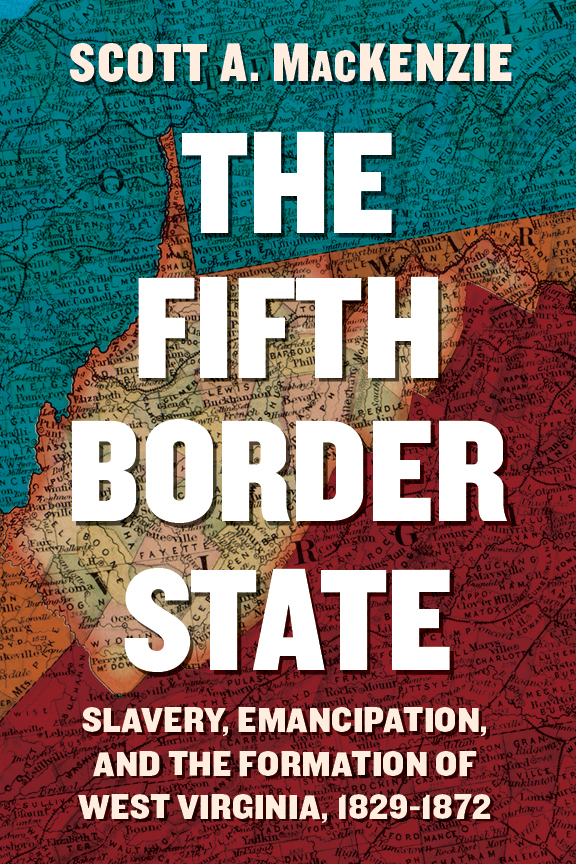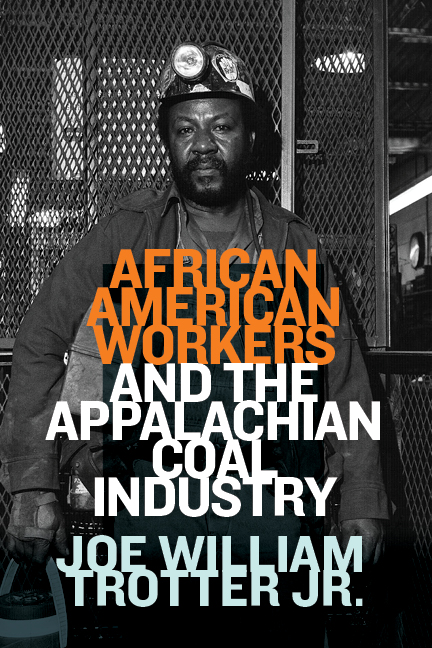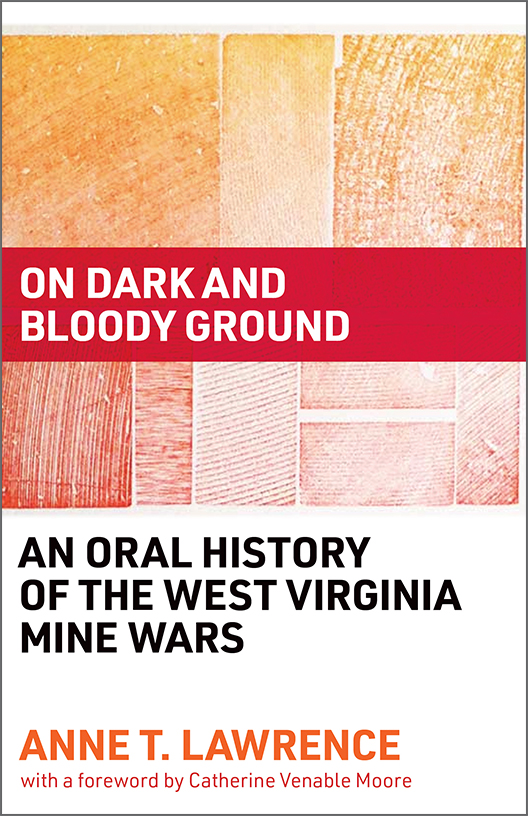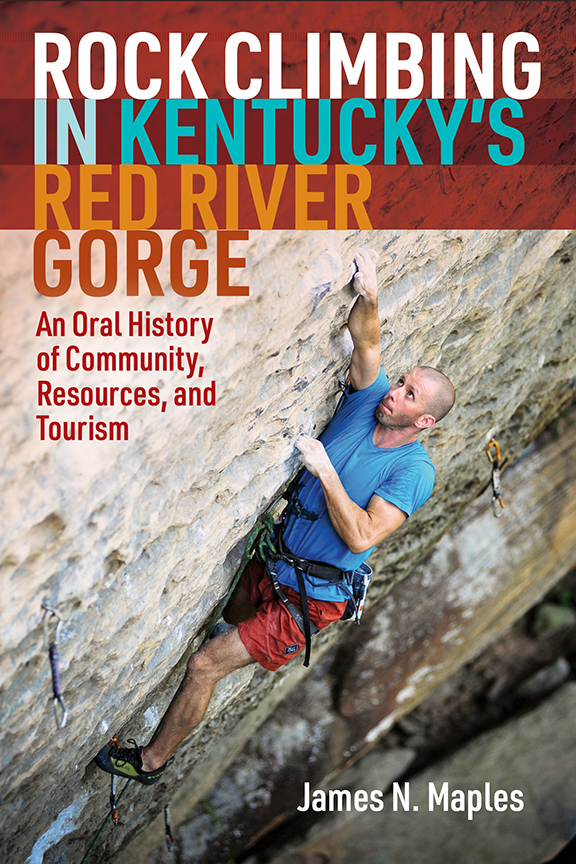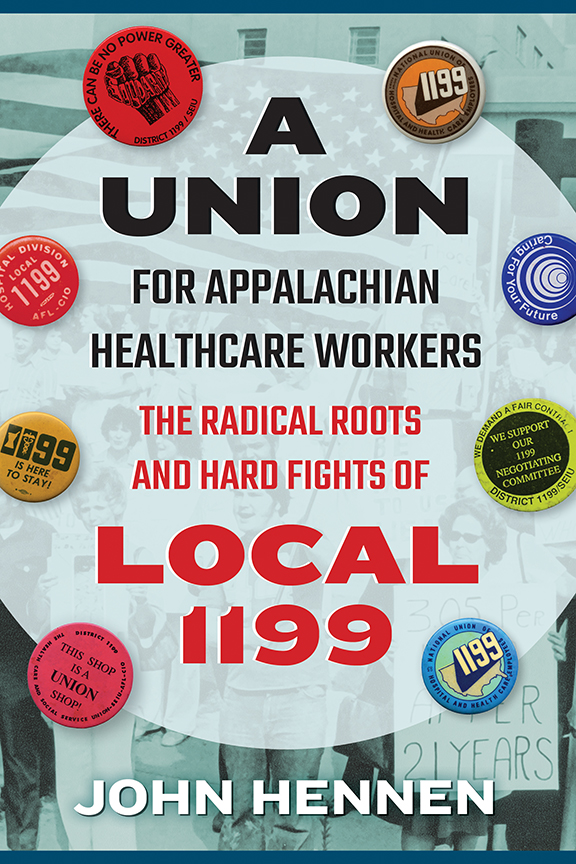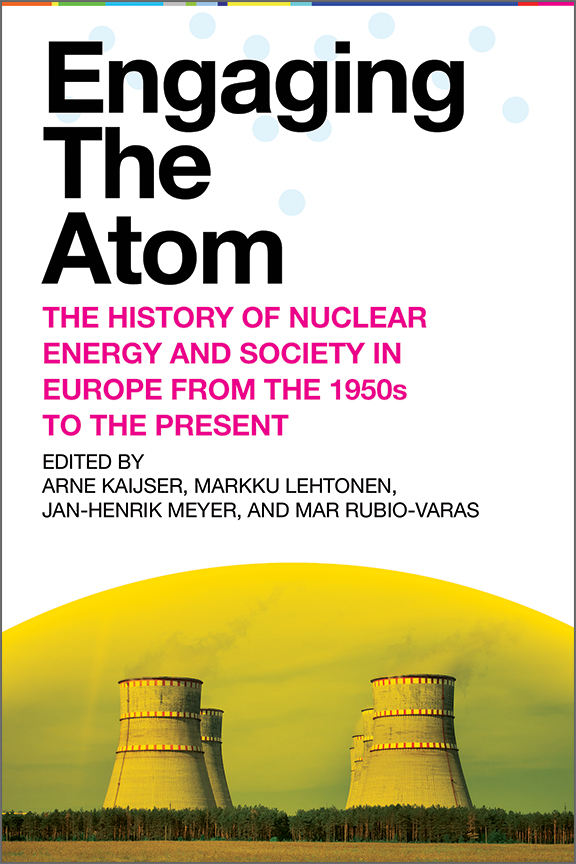Summary
Smell and History collects many of the most important recent essays on the history of scent, aromas, perfumes, and ways of smelling. With an introduction by Mark M. Smith—one of the leading social and cultural historians at work today and the preeminent champion in the United States of the emerging field of sensory history—the volume introduces to undergraduate and graduate students as well as to historians of all fields the richness, relevance, and insightfulness of the olfactory to historical study.
Ranging from antiquity to the present, these ten essays, most of them published since 2003, consider how olfaction and scent have shaped the history of medicine, gender, race-making, class formation, religion, urbanization, colonialism, capitalism, and industrialization; how habits and practices of smelling informed ideas about the Enlightenment, modernity, and memory; how smell shaped perceptions of progress and civilization; and how people throughout history have used smell as a way to organize categories and inform worldviews.
Contents
Editor’s Introduction: Smelling the Past | Mark M. Smith
Introduction: Why Smell the Past? | Alain Corbin
1. Scent and Sacrifice in the Early Christian World | Susan Ashbrook Harvey
2. Urban Smells and Roman Noses | Neville Morley
3. Medieval Smellscapes | C. M. Woolgar
4. Smelling the New World | Holly Dugan
5. Gender, Medicine, and Smell in Seventeenth-Century England | Jennifer Evans
6. Smell and Victorian England | Jonathan Reinarz
7. Reodorizing the Modern Age | Robert Jütte
8. Making “Others” Smell | Mark M. Smith
Epilogue: Futures of Scents Past | David Howes
Acknowledgments
Further Reading
Sources and Permissions
Index
Author
Mark M. Smith is Carolina Distinguished Professor of History at the University of South Carolina. His work has been featured in the New York Times, the Wall Street Journal, and the New York Review of Books, and he serves as the general editor of Interdisciplinary Perspectives on Sensory History.
Reviews
“An important overview of this burgeoning new field, compiled by one of its most insightful scholars.”
Peter Denney, Griffith University
